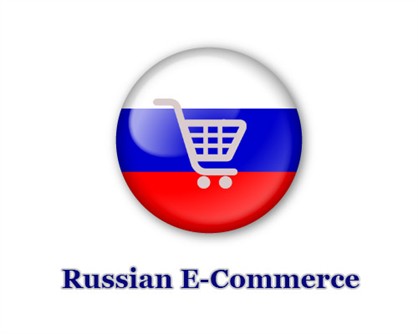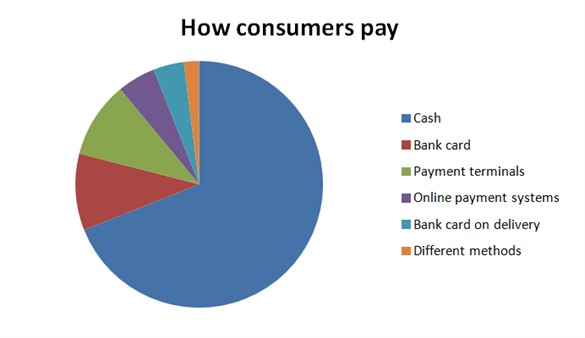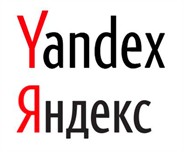E-Commerce Russian Style
Russia differs greatly from the rest of Europe. It is a transcontinental country that stretches across Eastern Europe and Asia. Russian people prefer to speak their own language, are suspicious of credit cards and online payments and use their own search engine, Yandex. But Russia is considered to be one of the most fascinating e-commerce markets for both European and American companies.

According to a Morgan Stanley report, Russia is developing into one of the largest and most dynamic e-commerce markets globally. Experts also forecast the Russian e-commerce growth at a 35% Compound Annual Growth Rate (CAGR) through 2015 to $36B, ~4.5% offline retail sales penetration and anticipate further growth in e-commerce penetration to $72B in 2020, 7% penetration of offline retail sales.
The rapid growth in the Russian market continues to attract foreign online retailers, and the future of Russian e-commerce seems limitless. Any company who is striving to grow their presence in Russia should however be aware of the unique challenges of the market.
1. Content Localization into Russian
Russians do not like to learn foreign languages. And despite the fact that young people are studying English at schools and in the universities, the level of fluency is still quite low. For this reason, Russia demands much more attention than other countries when it comes to localization of the content. The Russian audience is very needy in terms of the quality of the translated content as the majority of the Russians do not speak English fluently; they cannot open the English version of the website to look up the information they require. The quality of the content should be not only very high as if the content was originally written in Russian not translated, but also it should be culturally-adapted. All this stated above fully depends on the particular translation agency and the expertise of the translation team. There is a really great example of the foreign company, giant online retailer eBay Inc. who recently expanded their e-commerce business into the Russian market and has been successful. eBay Inc. has localized their website into Russian thereby overcoming the language barrier and making the website more appealing for the Russian speaking audience.
2. Cash dominant economy
Another major obstacle is online payments. Russian consumers do not trust Internet purchases and are still very uncomfortable with online payments. According to Data Insight, a Russian research agency, 22 million people in Russia buy online and 70% of them live in regions outside of Moscow. But 69% of consumers still prefer to pay in cash, 10% pay by bank card (online payment), 10% use payment terminals, 5% use online payment systems, 4% pay by credit card on delivery and 2% use different methods. As you can see, the number of credit card holders is insignificant but it is growing year on year.

Source: Data Insight.
3. Delivery
The absolute leaders in terms of preferable delivery methods are the Russian Post in most regions, courier service in Moscow and “cash and carry” in St. Petersburg and in big cities with the population more than 500 thousand people. The absence of sustainable delivery methods forces retailers to create new ways of dealing with such unique Russian challenges to run their business in regions outside of metropolitan Moscow.

4. Yandex
Google serves as the number one search engine in a lot of countries all over the world but not in Russia. Russian consumers are accessing the Internet through the domestic search engine Yandex.ru, “Russian Google” as it is often called. Morgan Stanley reports that Yandex is a big beneficiary of e-commerce growth and 87% of Russian consumers use Yandex to research their purchases. Moreover Yandex can also offer great marketing and sales tools such as Yandex Direct (direct.yandex.ru), the main Russian context-advertising service and Yandex Market (market.yandex.ru), the leading Russian shopping comparison service. These are Russian-specific websites and it is essential for businesses to understand their working principles to reach Russian customers.
Conclusion
Russia is newer to the e-commerce market and about 50% of Russians have just taken their first e-commerce steps within the last few years. Now the Russian e-commerce sector is rapidly developing, its growth rate is extremely high and Russian Internet penetration is catching up to the rate in developed countries. Russian consumers have started to buy online at levels similar to consumers in Europe or in the United States. All of this gives international retailers great opportunities to expand their business in the Russian market.
